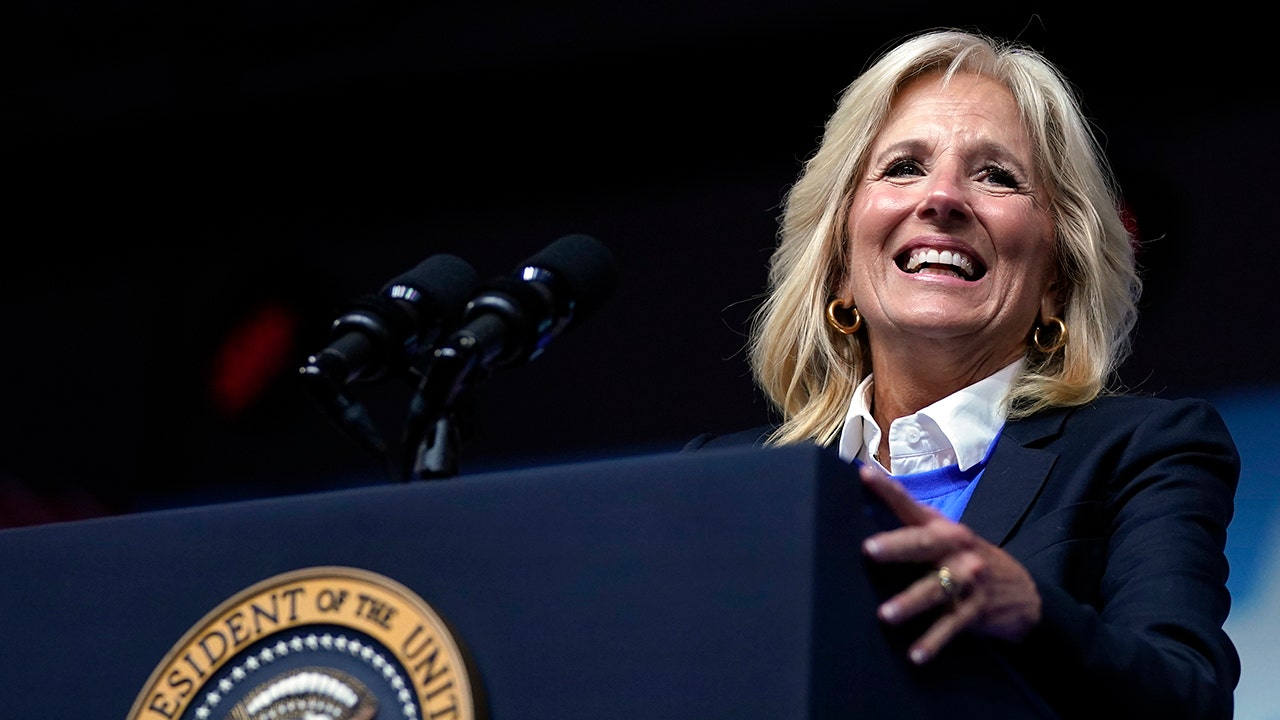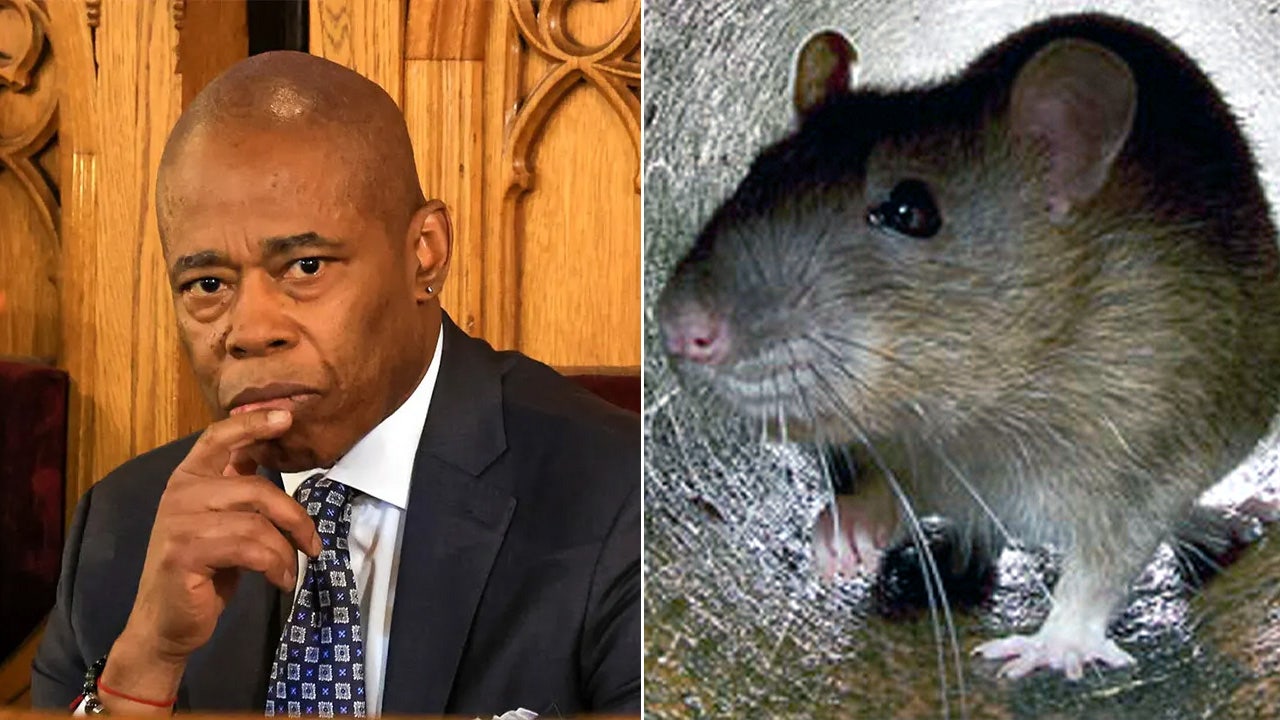Crypto
Bitcoin (BTC) User Paid Eye-Watering $100,254 for Single Transaction

A single Bitcoin BTCUSD transaction has caught the attention of many owing to its gas fee size. Blockchain analytics platform Whale Alert confirmed that a fee of 1.5 BTC was paid for a single transaction. This fee is equivalent to $100,254 based on the current market value of the top cryptocurrency. This fee is quite higher than the average transaction cost.
This user paid this enormous fee to have their transfer included in an ordinary Bitcoin block. Some of these transactions have been recorded in the past. In September 2023, a Bitcoin user paid a transaction fee of 19 BTC. This was around the time when Bitcoin price was trading at $26,000, hence, the 19 BTC was equivalent to $509,563.
Then again, in January, another BTC account paid over 4 BTC to have their transfer included in an ordinary Bitcoin block. The transaction was therefore charged with a whopping 1,800,890 sat/vB fee.
Potential reason for high transaction fee
Payment of such exorbitant fees usually raise suspicions as many market observers wonder the circumstances that could have led to it. At press time, Bitcoin’s average transaction fee was at a level of $4.696, up from $3.740 on May 4 and down from $6.696 one year ago. This is also a change of 25.57% from yesterday and -29.86% from one year ago, per data from YChart.
It is worth noting that ordinarily transaction fees can fluctuate due to network congestion. It once reached as high as $60 during the 2017 cryptocurrency boom. Hence, this outrageous transaction fee recently recorded could be a result of a mistake or a misconfiguration in transaction software. It could also be potentially for reasons known only to the transaction initiator or even a possible money laundering scheme.

Crypto
Telstra cuts 2,800 jobs as AI takes over

Telstra is set to cut 2,800 employees from its workforce. Photo: Shutterstock
Up to 2,800 Telstra workers will be retrenched by year’s end, with Australia’s largest telecommunications carrier announcing plans to pare its workforce in an AI-driven “reset” of its enterprise arm including an overhaul of its Telstra Purple services business.
The package of reforms is designed to contribute to $350 million in cost savings as the company overhauls Telstra Enterprise – the company’s business-focused service arm that includes its Data & Connectivity business and Telstra Purple consulting arm – to “sharpen its focus on areas where it has the strongest differentiation, further improve delivery for customers and improve the cost base of the business,” the company explained in an ASX filing.
The job cuts – which will require consultation with employees and unions and come days after Telstra’s last enterprise bargaining negotiations with the Communications Workers Union (CWU) – are intended to help streamline the company’s enterprise product portfolio through measures including cutting the number of products in its Network Applications and Services (NAS) arm by “close to” two-thirds.
Telstra will also simplify its customer sales and service model “to better support customers”, the company said, and will “reduce the cost base” of its Telstra Purple technology services business – a euphemism for staff cuts in that people-focused business, which last October added over 500 employees with the $267.5 million acquisition of Melbourne based cloud firm Versent.
Telstra Purple is the company’s digital transformation consulting arm, with more than 2,000 certified local experts offering a range of services across network, data and AI, cyber security, Internet of Things (IoT), software development, cloud, and workplace collaboration.
The changes mark a significant step after a review of the Enterprise business that was flagged in February during Telstra’s latest half year results briefing, when CEO Vicki Brady said Telstra was “being challenged by cost pressure” and revealed that the NAS business would undergo a full review because it was “a long way from where we need it to be.”
Many believe that the company’s successful addition of artificial intelligence (AI) has facilitated some of the cutbacks, with AI now being used to improve half of Telstra’s key processes – including automatically detecting and resolving faults with fixed services, and helping “solve customer issues faster”.
Replacing employees with AI is a “cheap, sinister move that will worsen its already disgraceful customer service standards,” Macquarie Telecom group executive Luke Clifton said after the cuts were announced.
“Telstra doesn’t believe in its staff or its customers,” Clifton said. “It has outsourced staff overseas and now, rather than taking the lead on investing in AI to support staff and create better technologies for customers, it’s trying to replace them with artificial intelligence.”
Tough measures for tough times
The CWU’s latest negotiations included demands for “fair and transparent” performance ratings and fixed and guaranteed pay increases – a change from what the union called “Telstra’s discriminatory approach of linking wage outcomes to metrics and outcomes outside of employee control.”
Whether the cuts are a direct response to the negotiations is not clear, but the CWU warned that the cuts will be a “disaster for workers and customers”.
“You can’t axe 2,800 jobs and not expect it to have an impact on service delivery,” national assistant secretary James Perkins said, warning that they “will have a devastating impact on services.”
Telstra is already grappling with after recent complaint figures showed it was struggling to maintain service standards.
The changes are just the beginning of the review of Telstra Enterprise, the company said, with Brady promising that the company “will support” retrenched workers “through this change with care and transparency”.
Consultation on 377 Telstra Enterprise roles will begin “immediately”, the company said, “mainly from areas supporting the products and services to be exited in Enterprise.”
The company – which has previously flagged the need to explore new opportunities – will also move its Global Business Services function into other parts of the business as it works through the detail of changes that are expected to deliver $350 million of the company’s T25 cost reduction strategy by the end of next year.
The restructuring efforts will cost Telstra $200 to $250 million over the next two financial years.
Telstra also announced that it will update the terms for its postpaid mobile plans to remove its CPI-linked annual price review – potentially stabilising prices that are currently set to rise with annual CPI inflation that was recently pegged at 3.6 per cent.
Crypto
Crypto-Friendly Bill Passes House—As Trump Courts Industry Amid Biden’s Crackdown

Topline
The House passed legislation Wednesday evening that would give oversight authority over most forms of cryptocurrency to a more industry-friendly agency—potentially putting President Joe Biden in the difficult position of deciding whether to go against his own SEC chairman and refuse a veto as former President Donald Trump courts the industry in his 2024 presidential campaign.
The White House said Wednesday it “opposes” the legislation, but stopped short of saying President … [+]
Key Facts
The House voted 279-136 to pass the “Financial Innovation and Technology for the 21st Century Act,” with 71 Democrats and 208 Republicans voting in favor of the legislation.
The legislation would put most forms of cryptocurrency, including bitcoin, under the regulatory purview of the Commodity Futures Trading Commission by classifying them as commodities, rather than securities that would fall under the authority of the Securities and Exchange Commission, which has executed a crackdown on the industry under Biden.
Lawmakers who supported the bill touted it as a way to clarify regulatory authority for digital assets, with digital assets subcommittee chair Rep. French Hill, R-Ark., calling it perhaps “the most substantial piece of digital asset legislation in Congress’s history,” he told Forbes previously, noting Trump supports the bill.
Get Forbes Breaking News Text Alerts: We’re launching text message alerts so you’ll always know the biggest stories shaping the day’s headlines. Text “Alerts” to (201) 335-0739 or sign up here: joinsubtext.com/forbes.
Chief Critic
The SEC’s crypto crackdown, which includes a series of charges against companies and individuals it accuses of violating federal regulations, has become a new attack line for Trump against Biden as the former president courts crypto backers, telling them at a Mar-A-Lago dinner earlier this month they “better vote” for him, Politico reported. SEC Chair Gary Gensler opposed the House legislation, arguing Wednesday it would allow crypto issuers to “self-certify” that they are issuing crypto as a commodity rather than a security, giving the SEC a limited 60-day window to review the classification.
Crucial Quote
“The self-certification process contemplated by the bill risks investor protection not just in the crypto space; it could undermine the broader $100 trillion capital markets by providing a path for those trying to escape robust disclosures, prohibitions preventing the loss and theft of customer funds, enforcement by the SEC, and private rights of action for investors in the federal courts,” Gensler said Wednesday.
Tangent
Trump’s campaign began accepting crypto donations Tuesday, urging his supporters in making the announcement to “build a crypto army.”
What We Don’t Know
Whether the Democratic-controlled Senate will pass the legislation. Eight House Democrats who backed the bill urged their Senate colleagues to support it in a memo Tuesday, CoinDesk reported. In a potential bellwether for the House bill, 11 Senate Democrats, including Majority Leader Chuck Schumer, D-N.Y., voted alongside Republicans earlier this month to undo crypto SEC regulations, splitting with Biden, who said he’ll veto the bill, which also passed the House with bipartisan support.
Key Background
Trump has embraced crypto after criticizing the industry during his time as president, tweeting in 2019 that he’s “not a fan of Bitcoin and other Cryptocurrencies, which are not money, and whose value is highly volatile and based on thin air.” He has since launched a line of NFT “trading cards” featuring his likeness and his $7 billion net worth is comprised of about $3 million in digital assets, according to a March Forbes estimate. The Biden administration, meanwhile, has taken a measured approach to crypto, acknowledging its explosive growth and the need for the U.S. to “maintain technological leadership in this rapidly growing space,” while also warning it “has substantial implications for consumer protection, financial stability, national security, and climate risk,” the White House wrote in a 2022 executive order.
Further Reading
House To Vote On Who Will Regulate Crypto (Forbes)
Trump Campaign Now Accepts Crypto Donations (Forbes)
Crypto
UK Approves First Cryptocurrency Exchange-Traded Products

According to Bloomberg, the Financial Conduct Authority (FCA), the UK’s financial regulator, has approved the first cryptocurrency exchange-traded products (ETPs), marking a milestone in the UK’s approach to digital asset investment.
An ETP is a type of security traded on stock exchanges, similar to individual stocks. ETPs are designed to track the performance of a specific index, commodity, currency, or other benchmark, allowing investors to gain exposure to various asset classes without directly owning the underlying assets. ETPs can include different structures, such as exchange-traded funds (ETFs), exchange-traded notes (ETNs), and exchange-traded commodities (ETCs).
An ETF is a specific type of ETP that pools together various assets, such as stocks, bonds, or commodities, into a single fund. ETFs aim to replicate the performance of a specific index or benchmark and are structured as investment funds. When you invest in an ETF, you own shares of the fund, which, in turn, owns the underlying assets. ETFs are typically regulated under investment company laws, which provide certain protections and requirements for investors. Additionally, ETFs can distribute dividends to investors if the underlying assets generate income.
The main difference between ETPs and ETFs lies in their structure and scope. ETPs is a broad category that includes various types of exchange-traded securities, not limited to funds. They can encompass notes and commodities as well. While ETFs are a subset of ETPs and are specifically structured as investment funds, other types of ETPs, like ETNs, are debt instruments issued by banks. ETFs are regulated under specific investment fund regulations, while other types of ETPs, such as ETNs, may have different regulatory frameworks. Moreover, ETNs carry the credit risk of the issuer as they are debt securities, whereas ETFs do not have this risk since they own the underlying assets directly. Another distinction is that ETFs can distribute dividends to investors, whereas ETNs do not because they do not directly own the underlying assets.
Per Bloomberg’s article, WisdomTree Inc. announced today that it has received FCA approval to list two physically-backed crypto ETPs, which will track Bitcoin and Ether, on the London Stock Exchange. These products are expected to begin trading as early as 28 May 2024.
Several other issuers, including ETC Group, 21Shares, and CoinShares, have also applied to list their crypto products in the UK. As of midday on Wednesday, the FCA’s approval list included entries from WisdomTree, 21Shares, and Invesco Digital Markets Plc, all set to be part of the first batch of trading on the approval date.
Despite this advancement, the FCA has implemented stringent rules surrounding these products. WisdomTree’s Bitcoin and Ether ETPs, although physically-backed, are only available to professional investors. This restriction is stricter compared to the United States, where the approval of spot Bitcoin ETFs in January has led to significant market growth. Bloomberg says that in the US, these ETFs now manage a combined $59 billion, which is nearly five times the total for similar crypto vehicles traded in Europe.
ETPs linked to cryptocurrencies have been trading on other European stock exchanges for years. The approval of such products by the US Securities and Exchange Commission (SEC) earlier this year played a crucial role in propelling Bitcoin to a record high in March and has facilitated broader adoption among retail and institutional investors.
However, not all global markets have seen the same enthusiasm. In Hong Kong, despite the approval of Bitcoin and Ether ETFs, investor response has been lukewarm. This contrast highlights the varying degrees of market maturity and investor interest in different regions.
ETC Group confirmed that its application is still under review, while 21Shares has already secured approval. CoinShares and the FCA declined to comment on their status, and Invesco had no immediate response.
-

 World1 week ago
World1 week agoPro-Palestinian university students in the Netherlands uphold protest
-

 Politics1 week ago
Politics1 week agoReports of Biden White House keeping 'sensitive' Hamas intel from Israel draws outrage
-

 Politics1 week ago
Politics1 week agoSouthern border migrant encounters decrease slightly but gotaways still surge under Biden
-

 Politics1 week ago
Politics1 week agoWhite House walks diplomatic tightrope on Israel amid contradictory messaging: 'You can't have it both ways'
-

 Politics1 week ago
Politics1 week agoDem newcomer aims for history with primary win over wealthy controversial congressman
-

 World1 week ago
World1 week agoSlovakia PM Robert Fico in ‘very serious’ condition after being shot
-

 Politics1 week ago
Politics1 week agoJill Biden tells Arizona college graduates 'community colleges should be free in America'
-

 News1 week ago
News1 week agoDespite state bans, abortions nationwide are up, driven by telehealth














